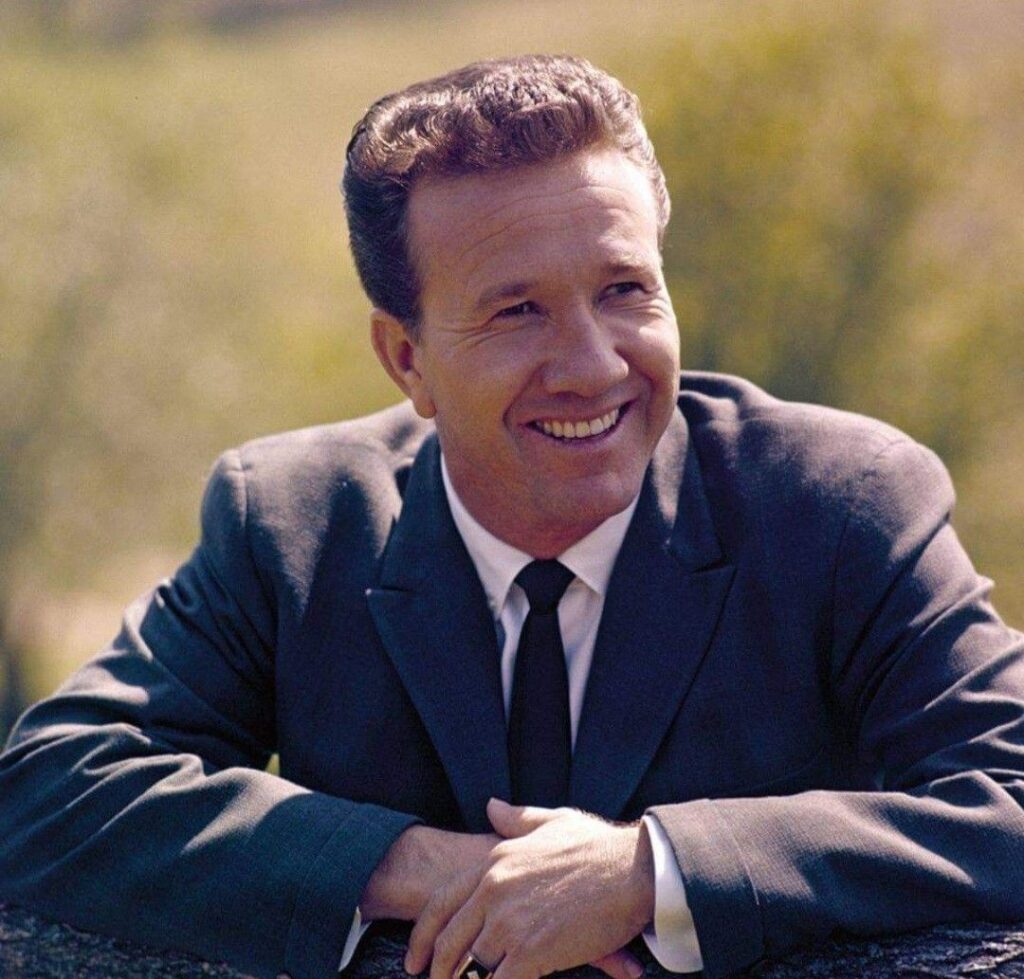
Marty Robbins – Some Memories Just Won’t Die: A Resonant Farewell to the Unbreakable Chains of the Past
There are voices in country music that don’t just sing songs; they spin yarns—tales of gunfighters, of tragic romance, and of the profound ache of the human heart. Marty Robbins possessed such a voice: a smooth, commanding, and immensely versatile baritone that could effortlessly shift from a Western saga like “El Paso” to a gentle, heartbreaking ballad. And few songs capture the essence of enduring emotional pain quite like his 1982 single, “Some Memories Just Won’t Die.”
This beautiful, melancholic song holds a uniquely poignant place in the vast and storied catalog of Marty Robbins, as it was one of his last major hits released before his untimely passing in December of 1982. It served as the lead single, released in April 1982, from his album Come Back to Me—an album that, tragically, became his last fully completed studio project. The song’s success was immediate and significant: it climbed to Number 10 on the Billboard Hot Country Singles chart and soared all the way to Number 1 on the RPM Country Tracks chart in Canada, demonstrating that even in the final chapter of his career, Robbins’s connection with his audience was as strong as ever. The deep resonance of this track was further underscored when, posthumously, it was named “Single of the Year” at the 17th annual Music City News Country Awards in 1983.
The brilliance of “Some Memories Just Won’t Die,” penned by songwriter Bobby Lee Springfield, lies in its profound understanding of emotional denial. The narrative centers on a man watching his lover struggle to move past an old relationship. She insists the past is behind her—that her former love “means nothing to you”—but her true feelings are betrayed in the quiet vulnerability of the night.
“Oh but I heard you whisper someone’s name In your sleep last night Baby admit it, some memories just won’t die.”
For those of us who have accumulated a lifetime of experiences, both joyful and regrettable, this song speaks directly to the reality that some emotional imprints are permanent. We can build new lives, new relationships, and new routines, but the ghosts of deeply felt loves don’t simply pack their bags and leave when we tell them to. Marty Robbins, a master interpreter of heartfelt material, delivers this truth with a gentle sadness. His performance isn’t accusatory; it’s empathetic. There’s a world-weary understanding in his tone—a recognition that love, once rooted, can leave behind a memory so powerful it breaches the walls of our conscious defense, emerging in the unguarded moment of a whispered name.
Listening to this song now, decades later, evokes a strong wave of nostalgia, not just for the song itself, but for the entire era of country music it represents—an era characterized by genuine storytelling, rich melodies, and a sincerity that could cut right to the bone. It’s a track that demands quiet contemplation, the kind of song you put on when the porch lights are low and you’re allowing yourself a moment to truly feel the weight of your own history.
The fact that this song, about the stubborn refusal of the past to release its hold, served as one of the final chart successes for an artist who saw his own life tragically cut short, only deepens its meaning. It’s a beautifully melancholic testament to the power of human connection, reminding us that even the greatest among us, like Marty Robbins himself, understood the pain of an unshakeable memory.